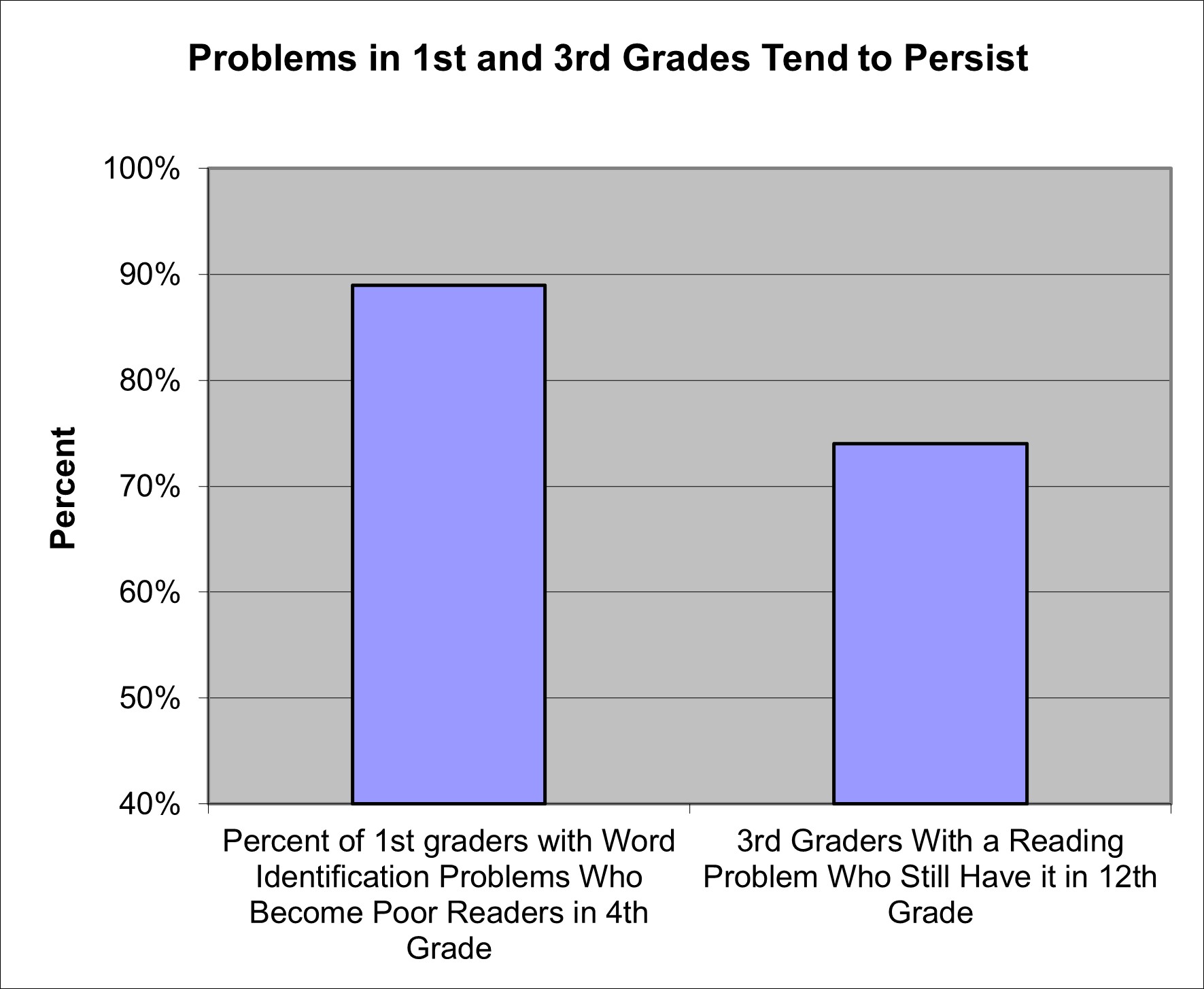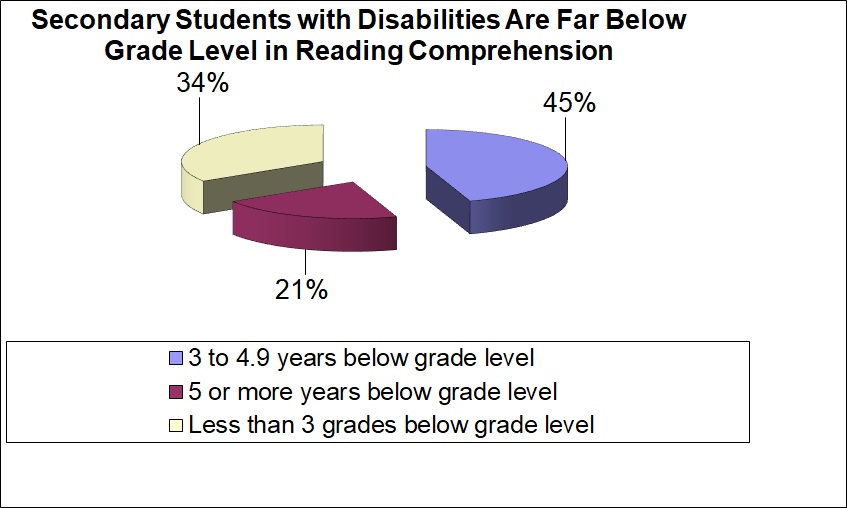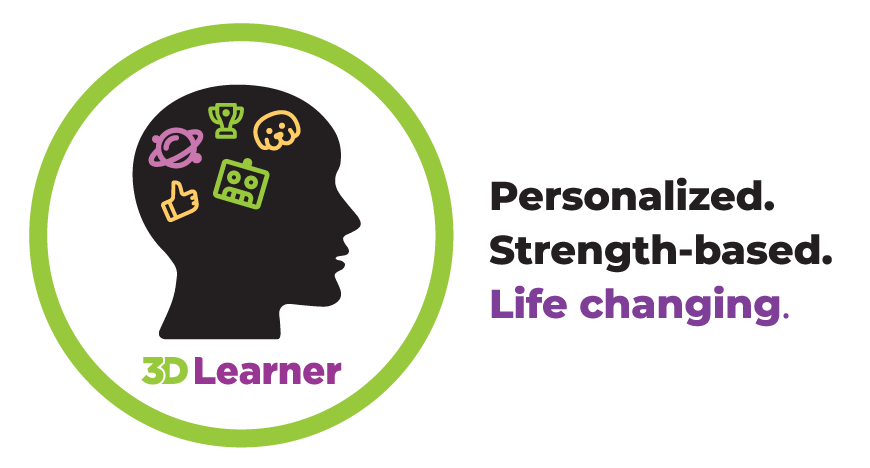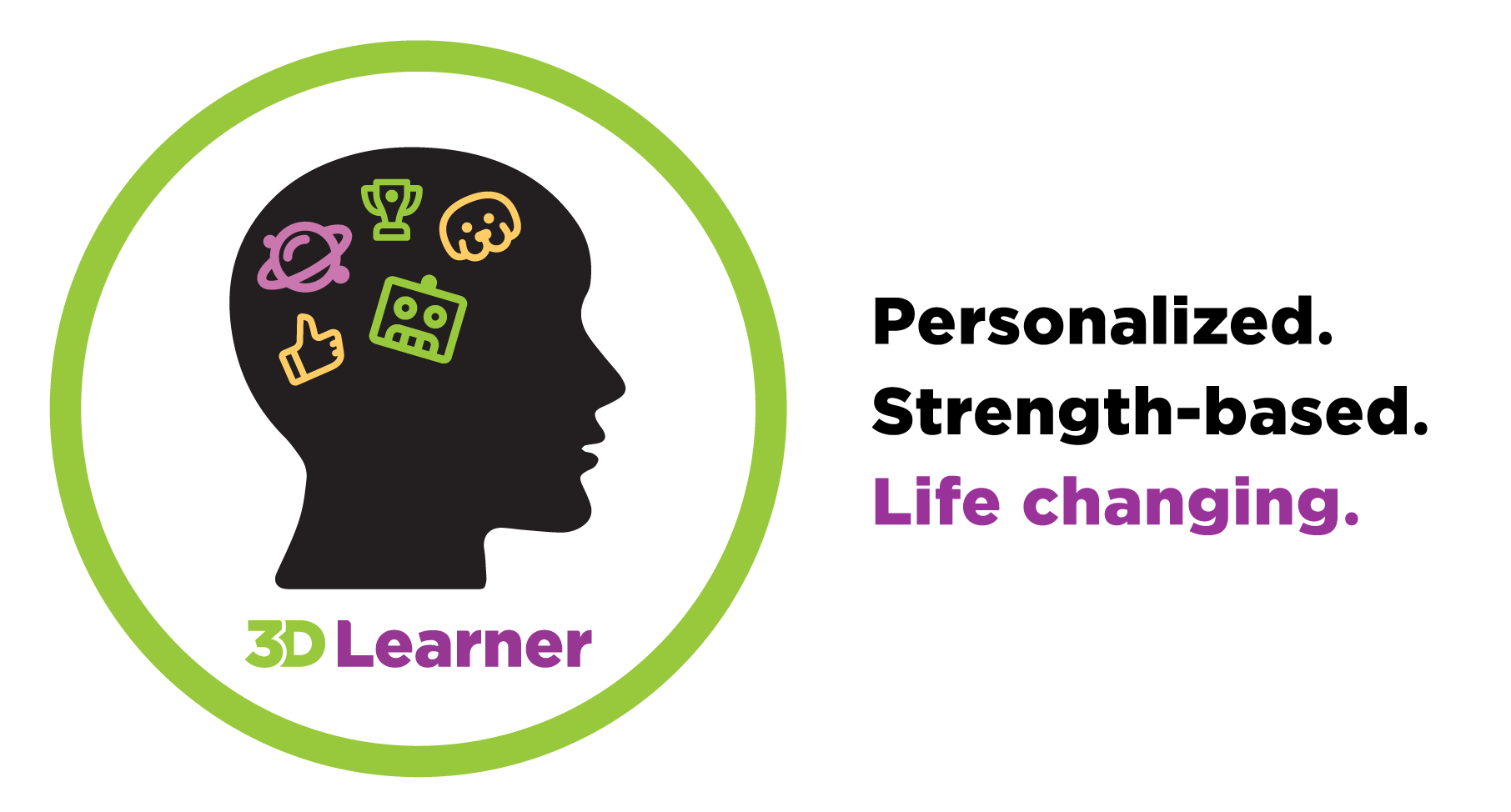In this post pandemic era, more students are further behind in reading comprehension than one would normally suspect. Over the last few weeks, we have gotten calls from parents in grades 1 to 9, where the parents are quite concerned. Their child is struggling in reading and often with anxiety. The parents have often have previously tried other interventions to improve reading comprehension and reading fluency including:
- Traditional tutoring
- Learning centers
- Dyslexia treatments
- School based interventions
Parents are being told:
- Grade retention is a possibility in the earlier grades
- The private school their child is at may not be right for their child or in several cases
- The parents are not being told anything, but their child is struggling more this year and they know the problem is likely to get worse
- By a psychologist that their child has dyslexia, learns differently and has working memory issues and needs a program that addresses the whole child
What research has told us is that:
- Almost 90 percent of the 1st graders will be poor readers in 4th grade
- 74 percent of the students with a reading disability (dyslexia) in 3rd grade will still have a reading disability (dyslexia) in 12th grade
- 45 percent of the students with a learning disability in middle and high school are 3 to 4.9 years below grade level in reading comprehension and 21% are more than 5 years below grade level in reading comprehension.


If your child is struggling with reading fluency and/or reading comprehension, there is a significant chance the problems will persist and worsen. Our goal is to help you to get to the root causes of your child’s challenges and to help you lay out a Pathway to Success for your child.
In the press and online, there is a great deal of focus on dyslexia. Dyslexia is when a student has trouble with reading fluency — that is they do not read efficiently or effectively. Having two kids with dyslexia and helped hundreds of students with dyslexia, we know the problem is real, but we also know that:
- While a dyslexia diagnosis and dyslexia treatment are helpful, it often does not translate directly into better reading comprehension
- Most students with dyslexia:
- Have difficulty with rapidly naming letters and words
- Learn differently — they often learn best when they see and experience information and are what we call a right brain learner
- Have a visual processing issue
- Have executive function issues (e.g. attention, working memory and processing speed)
- Struggling with anxiety and/or frustration
- Have a significant problem with reading comprehension, that is often not addressed with a dyslexia program
- Informed, empowered and proactive parents can make the difference
Before embarking on a significant effort, we recommend considering the following ten questions:
- What is your child’s present level of reading fluency and does your child have dyslexia
- What is your child’s present level of reading comprehension
- What is your child’s present level of anxiety/frustration
- If your child was going to be very successful over the next 6 months — what 3 to 5 goals would you set? Be sure to include a personal goal for something they love to do – -baseball, dance, horseback riding etc.
- Is your child a bright right brain kinesthetic learner, who learns best when he or she sees and experiences information
- Does your child have a visual processing issue
- Does your have executive function problems
- Is anxiety or frustration a major issue for your child
- What can your child’s school do to help
- What can you do to help your child to be all he or she can be in the next 6 months
On Monday evening November 6th at 9 pm,
we will be discussing these questions,
with a focus on how to improve reading comprehension and reading fluency, while reducing anxiety for your child
Click here to register for the webinar
Before watching this webinar, we recommend you download the two screening tools below, and answer the questions. This are designed to answer the questions.
The answers to these two questions are really helpful in your understanding your child, your explaining to their teachers who your child is and in finding the right solution to help your child succeed.





